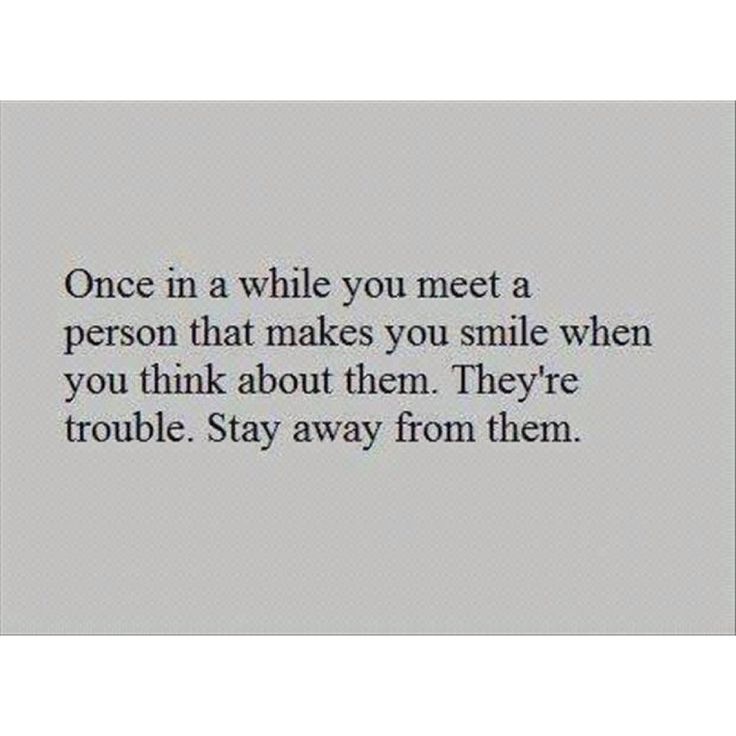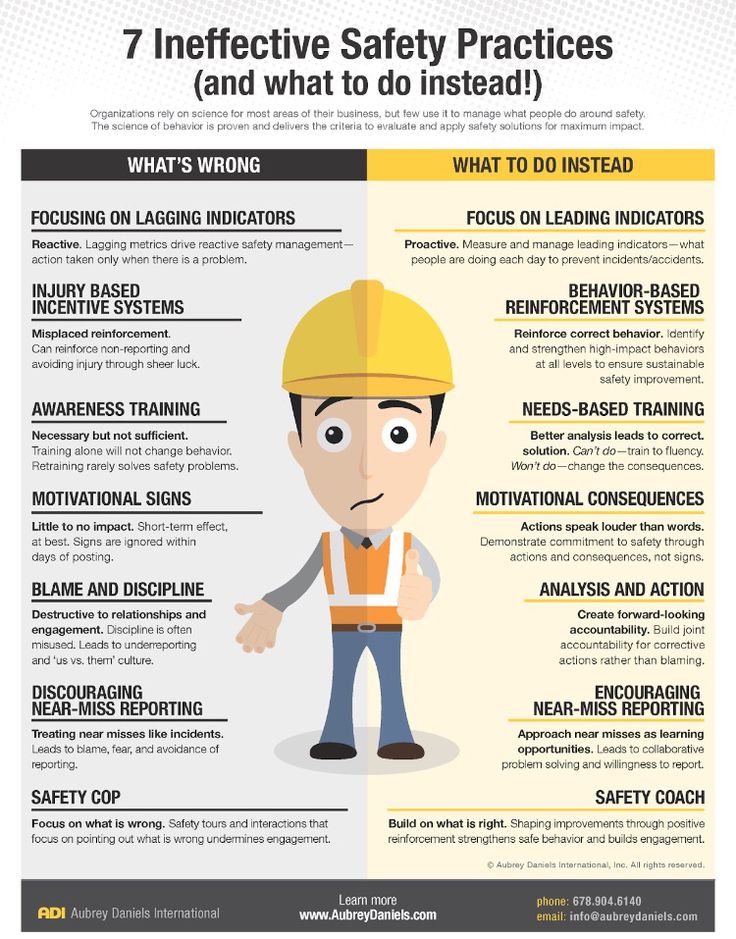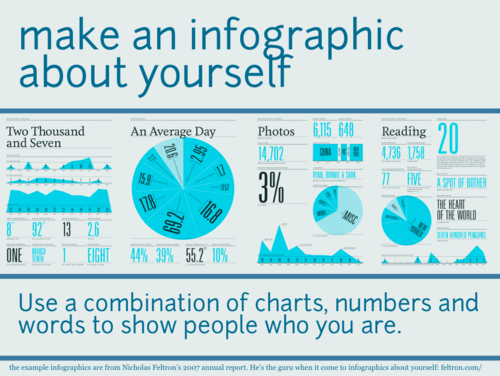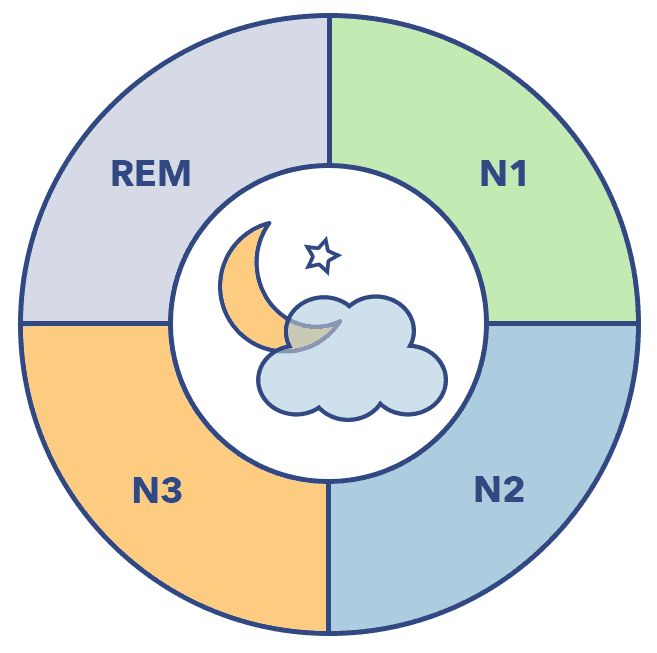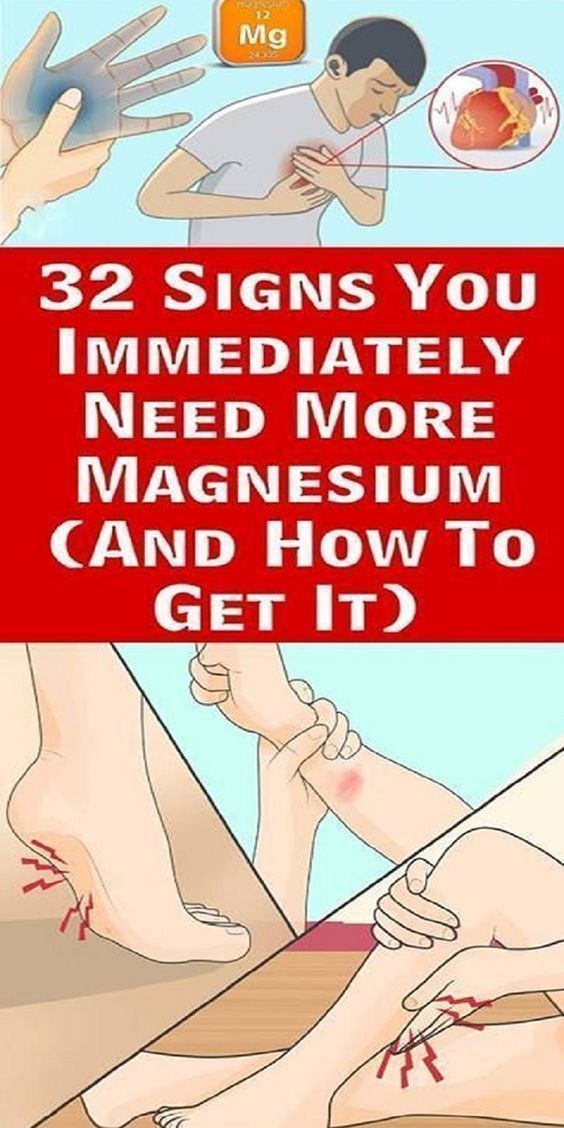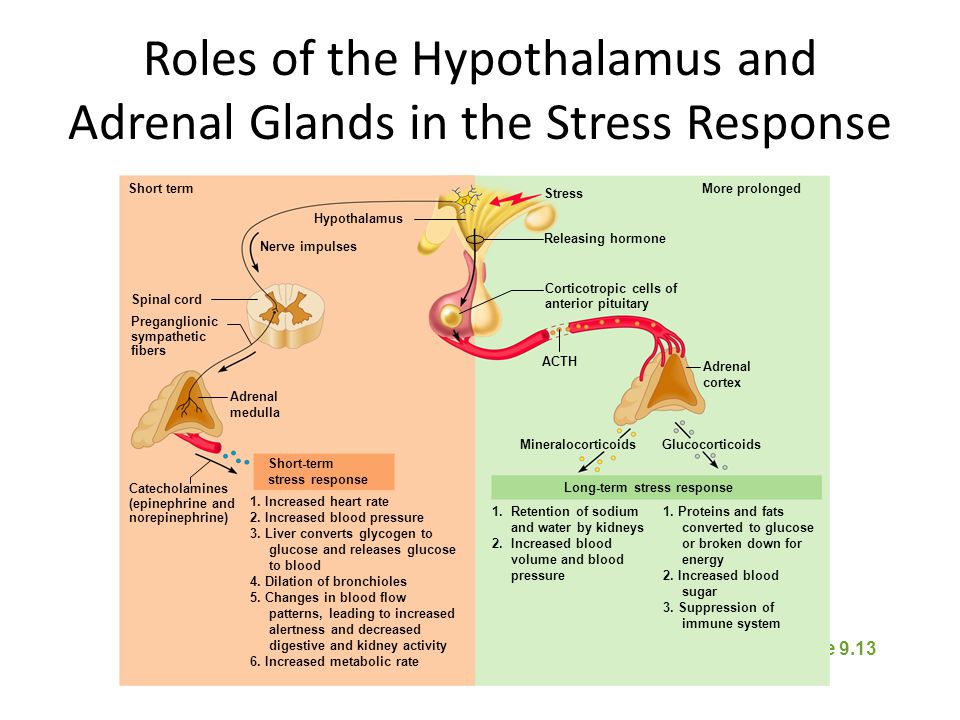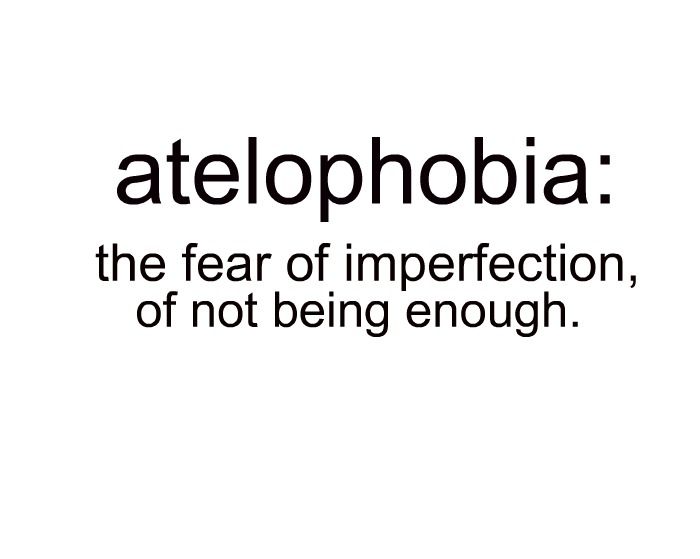I think my relationship is in trouble
Is your relationship in trouble?
Sometimes the decision to separate comes as a complete surprise when initiated by a partner. Here MensLine Australia explores the warning signs that your relationship could be in trouble.
Many men do not recognise the warning signs that their relationship is in trouble, or ignore these signs in the hope that things will get better.
Sometimes relationship trouble and separation comes as a complete surprise when initiated by a partner.
The experience of separation or family breakdown is distressing for all concerned. It is particularly devastating if you are taken by surprise and are not the one who initiates the separation – the person who initiates the break-up will usually experience greater distress beforehand leading up to the decision.
Each relationship is as unique as the people involved. There is no sure way to predict whether a relationship will end. What one couple will put up with, can drive another apart. However, there are always clear signals that all is not well. Watching for and recognising these signs, and acting promptly, is vitally important for the health of your relationship.
Relationship trouble: Some common signs
- Communication is minimal and often negative
- Differences are criticised rather than enjoyed
- You are spending less time together
- One partner indicates the relationship is in trouble
- One partner is rarely prepared to listen
- Conflict leads to resentment, not resolution
- There are fewer fun moments
- Put-downs are more common than compliments
- Humour is often at other’s expense.
If you recognise any of these warning signs, have you been:
- Burying your head in the sand and acting like nothing is wrong?
- Blaming your partner for what is happening, hoping the problems go away or expecting your partner them to do something about it?
Problems don’t usually go away on their own if they’re not talked about. It is often during this time that someone makes the decision to leave. Responsibility for the health and wellbeing of a relationship rests with both you and your partner.
It is often during this time that someone makes the decision to leave. Responsibility for the health and wellbeing of a relationship rests with both you and your partner.
Relationship trouble: Tips for getting things back on track
- Make time to talk and connect on a regular basis
- If your partner says they feel things are not OK, listen to them
- Take responsibility for past behaviours and make changes, where appropriate
- Pay attention to what is not said, as well as to what is said
- Use “I” statements like: “I feel hurt when you say that”
- Show interest in the other’s life; know what’s important to them
- Be clear, but realistic, about what you need and want from them
- Do something kind: the favour is often returned.
Sharing a good friendship, enjoying one another’s company and having more positive moments than negative ones are signs of a good relationship. The tips above are about how to change the balance by maximising the positive moments and minimising the negative ones.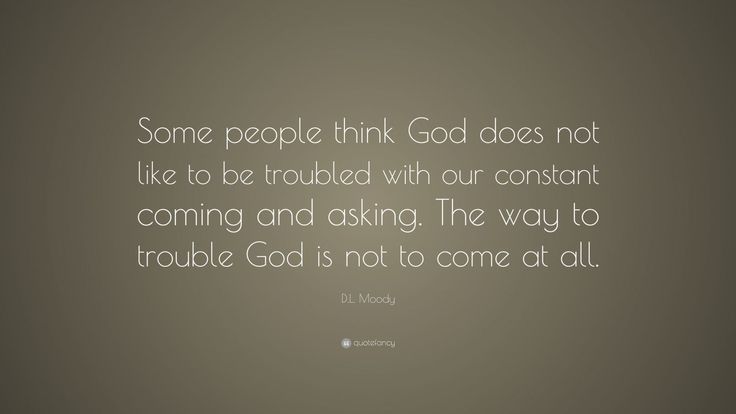 It’s not fighting that damages a relationship, but how we fight.
It’s not fighting that damages a relationship, but how we fight.
Further information on relationship trouble can be found in the latest Relationships Australia booklet:
Renovate your Relationship (PDF: 8.46MB)
Renovate your Relationship is a booklet about men maintaining their relationships and is designed to get men to think about the practical side of relationship maintenance and how to do it. This resource has been created and updated by Relationships Australia Victoria (RAV) and MensLine Australia. RAV has over 70 years’ experience providing family and relationship support services across Melbourne and Victoria and is committed to inclusivity, providing safe, inclusive and accessible services for all people.
MensLine Australia has professional counsellors available 24 hours a day, seven days a week, providing confidential and anonymous information and support for all relationship issues.
Call us on 1300 78 99 78 or access online counselling.
More from relationship advice for men
FilterCommunicationFamilyFriendshipIntimacyMythsProviding supportSame-sexSelf-helpSignificant days
Ten ways to become a better partner
Relationships are at the core of our lives. In a positive relationship, both partners feel valued, loved and nurtured. Here MensLine Australia gives you 10 tips to get the most out of your relationship.
Read more
Ten ways to become a better partner
Relationships are at the core of our lives. In a positive relationship, both partners feel valued, loved and nurtured. Here MensLine Australia gives you 10 tips to get the most out of your relationship.
Read more
Social connections - past, present and future
We often talk about the power of connections and support networks, as having a strong circle of people around you is one of the single most beneficial ways to maintain your mental health. Here’s how you can grow social connections from the past, present and future!
Here’s how you can grow social connections from the past, present and future!
Read more
Reconnecting with friends
Never have we been more connected to everyone around us. Advances in technology have launched multiple social media platforms allowing us to be no more than just a few clicks away from connecting to someone, or anyone for that matter! Then why is it we’ve never felt more alone?
Read more
Resolving conflict
Conflict will happen from time to time in your life, but if you deal with it properly, it doesn’t have to be destructive. Here, MensLine Australia looks at the signs of damaging conflict and what you can do.
Read more
Active listening
Listening is an important part of effective communication. We have conversations throughout the day, but sometimes we’re not listening as well as we could.
Read more
Reconnecting with friends
Never have we been more connected to everyone around us. Advances in technology have launched multiple social media platforms allowing us to be no more than just a few clicks away from connecting to someone, or anyone for that matter! Then why is it we’ve never felt more alone?
Read more
Resolving conflict
Conflict will happen from time to time in your life, but if you deal with it properly, it doesn’t have to be destructive. Here, MensLine Australia looks at the signs of damaging conflict and what you can do.
Read more
Active listening
Listening is an important part of effective communication. We have conversations throughout the day, but sometimes we’re not listening as well as we could.
Read more
View more
8 Behaviors That Signal a Relationship Is in Trouble
I have spent the last four decades helping both established and newly-in-love couples understand the kinds of behaviors that signal potential relationship damage.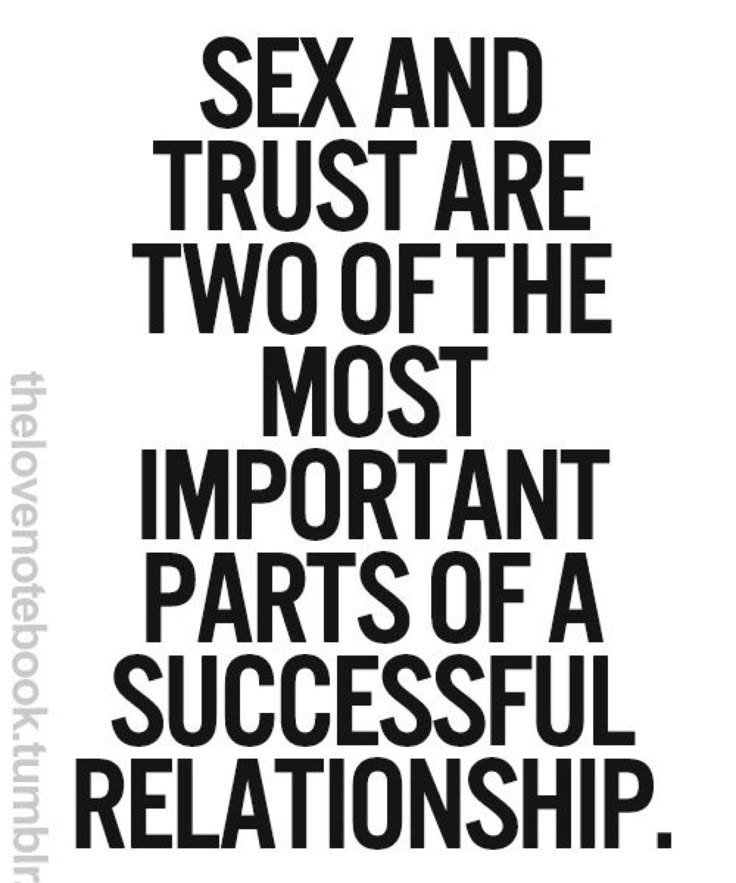
Though there are countless reasons why sincerely committed relationships don’t make it, there are some very clear indicators that the partners can be aware of that can prevent that loss. These destructive actions can take many forms, but they all can destroy the basic trust and closeness that are evident in successful relationships.
Whether they newly-in-love partners or those in a committed relationship, all intimate partners need to be on the watch if either of them begins to behave in any of the following eight ways.
1. The Distribution of Resources Change
The resources of an intimate relationship include finances, time, affection, availability, and interest. How those resources are shared by each partner is an indication of how fair and valuable they feel to each other.
When love is new, the resources that feed the relationship are freely given and willingly shared. Sadly, as love loses its initial fantasy and luster, the partners often become more self-serving and feel entitled to those resources.
They may begin to complain more that they are not getting what they feel they should and that the changes signal less interest or care from the other.
These are the kind of statements that are clear warning signs:
- “You’re never available anymore when I need you.”
- “You spend more time now with your friends than you do with me.”
- “You’re at work much longer hours. Are you having an affair?”
- “Who are you texting so much of the time?”
- “We used to do so many things together. Now, you’re always tired. But, when other things come up that you’re more interested in, you suddenly have the energy to do them.”
- “Why are you spending money on so many things that have nothing to do with us?”
- “We always used to cuddle in the mornings before work. You’re out of here before I can even wake up.”
These kinds of comments reflect the changes in priority that the partners once had for each other. They reveal that other interests are using up resources that were once first set aside for the relationship.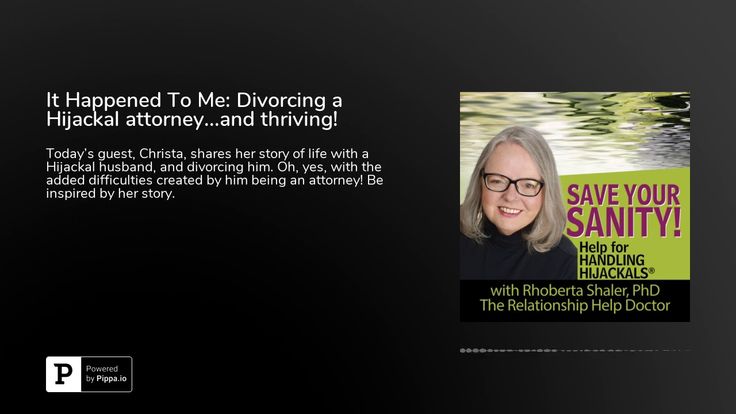
2. A Partner Seems Preoccupied
Remember when you couldn’t wait to talk to your partner? The first thing you’d do when you reconnected was to focus on each other and to catch up on the time you’d been apart. Both of you were a high priority to the other and eager to reunite before life’s other demands interfered.
Bids for connection, availability, fulfillment, inquiry, and affection seem to fall on deaf ears. One or both partners are preoccupied with whatever is more important at the time than being fully present for each other.
It can feel as if one or both partners are withholding, daydreaming, focusing on something more important, or just not interested in what the other is saying or needing. The partner experiencing the other begins to feel dismissed, erased, or just not important.
These are the kind of expressions that are clear warning signs:
- “I walk out of the shower stark naked and you don’t even look up.”
- “When I ask you about work, you just give me summations or curt answers like you are uninterested in sharing what’s going on there.
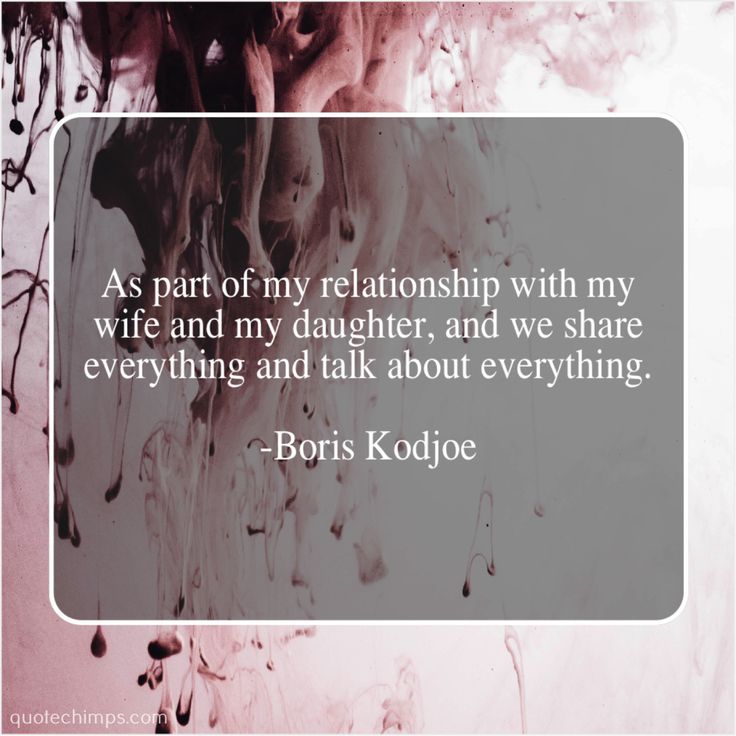 You used to consult me about your decisions and wanted my input.”
You used to consult me about your decisions and wanted my input.” - “I’ve asked you three times about where you want to go for dinner, and you don’t even look up or you just tell me to figure it out. We used to think it was fun to plan these things together.”
- “I shouldn’t have to tell you what I need. You used to know. Now you want me to send you a manual when I know you already have that information.”
- “We never cuddle or talk in bed anymore. You’re just reading or staring into the ceiling. Don’t I matter to you anymore? Please tell me what’s going on.”
- “Hello? Is anyone in there?”
- “What’s going on, honey. You seem so preoccupied and it feels like you’re shutting me out.”
3. A Partner Quickly Shuts Down Communication
When love is new, most couples are deeply interested in each other’s thoughts, feelings, and needs. Attempts at communication are met with focus, presence, and patience. Each new idea is met with curiosity and sustained interest.
As intimate partners lose interest in one another or become too able to predict answers and explanations, they often resort to responses that put a cap on the attempt to prolong the interaction. Capping is a technique, conscious or unconscious, that effectively stops the other partner from continuing to make an effort to connect.
Just imagine any one of these responses to your reaching out to share something with your partner. Would they make you want to continue sharing what you were thinking or feeling?
- “That’s a really stupid idea.”
- “You’re always complaining about your mother’s behaviors. What are you doing to make her act that way?”
- “You’re making a mountain out of a molehill.”
- “Why do you let these stuff like this even bother you. Just let them go.”
- “I’ve heard you complain about these things over and over. Get real about what to expect.”
- “You did what?"
- “This conversation is really boring.”
- “I think you’re way too reactive here.
 Give the other guy a break.”
Give the other guy a break.” - “Let me tell you how you should have handled this.”
- “If you’d just learn to listen, maybe people would open up more to you.”
4. Partners Become More Negatively Reactive
Passion and enthusiasm are wonderful characteristics and normally enhance a relationship. They stem from a person’s love, interest, and participation in the things of life that make them alive and excited.
However, they share an emotional kinship with a dark twin. When levels of intensity are intertwined with negative reactivity, the partner on the other end is likely to be squelched and beaten down.
Negative Reactivity is a set of behaviors that curtly and dismissively snap at the recipient. They signal irritability, impatience, rejection, and being burdened by the bid for connection. Whether the partners who are snapping are preoccupied with personal issues or something they don’t like about the other partners, they are giving a clear message that they don’t want the interaction to be happening at all.
People who communicate well with one another let each other know when they are unavailable for contact, and share when they will be more available. They also want to know how important their partner’s need is at the moment, and take that into consideration.
Without that honesty, it is up to the other partner to figure out when it is okay to connect, or to risk the curt and dismissive reaction.
These are typical comments that should be heeded as warning signs:
- “Why do you always pick the wrong time to talk to me?”
- “I can’t listen to your crap right now.”
- “What makes you think that you can bother me whenever it’s convenient for you?”
- “Come and talk to me when you have something important to say.”
- “You know I don’t want to talk when I’m in the middle of something.”
- “You’re so incredibly needy. Can’t you talk to someone else about this for a change?”
- “You’re wearing out your welcome with your constant demands.
 I told you I don’t want to talk about it right now.”
I told you I don’t want to talk about it right now.”
5. A Partner Is Secretive
Transparency, authenticity, and honesty are crucial behaviors that are prominent in every good relationship I’ve seen. They are the hallmarks of open communication that help couples know each other deeply, along with what to expect, and how to handle it.
Secrecy is the opposite of those behaviors. It is the intent to withhold information from a partner to avoid loss of options if he or she were to know. It is very different from privacy, which everyone is entitled to. Privacy does not hurt a relationship’s trust. It is simply the right to keep thoughts and feelings to oneself that needs to be resolved from within that person and are not potentially dangerous to the other partner.
When intimate partners keep secrets, they behave in ways that feel contradictory to what they say they are feeling or doing. When questioned, they are typically defensive, evasive, or answer questions in nonsensical or irrational ways, leading the other partners to feel more insecure and unable to understand the difference between what they see and how that is different from what they hear.
Sometimes passive/aggressive behavior can have the same effect. A passive/aggressive partner promises more than he or she can deliver and then avoids all confrontation when those promises are not kept. Sadly, all behaviors that seem or feel secretive typically ring bells of alarm to the partners on the other end of them. Their beseeching inquiries, never answered with full transparency, only serve to make their insecurities more prominent.
The partners feeling they are being excluded from the truth often express these kinds of words:
- “You’re coming home later and later at night from the office? Is something going on?”
- “We used to lie in bed and talk in the mornings. Now you’re up, showered, and out before I even wake up? Where are you going?”
- “You’re going out with your girlfriends for dinner again? Last week you didn’t come home until eleven and you were staggering. Did someone else bring you home?”
- “There are several withdrawals for cash from our bank account last month.
 What did you use them for?
What did you use them for? - “Your best friend called here last night looking for you. You told me you were out to dinner with him. Where were you?”
- “Somebody is texting you in the middle of the night? When I reach for your phone, you grab it away from me and tell me it’s just a nuisance call. Three times this week? C’mon. Who is it?”
- “You changed your password on your IPad without telling me. That’s never happened before. Are you hiding something?”
6. The Relationship Feels Stagnant
Discovery is the most important contributor to continued excitement, interest, and desire in every intimate relationship I counter predictability and boredom. In new relationships, the continuous flow of new information keeps both partners interested and interesting.
All too often, the partners in committed relationships learn all they can know about one another, and stop seeking, or delivering, new adventures with each other. It’s as if they once ran a great race together and now have become the pit stops where they simply refuel and give the more exciting parts of themselves outside of their relationship.
Sometimes, couples challenge the stagnation of boring predictability by seeking new experiences together outside of the relationship. Alternatively, one or both may have interests outside of the relationship and bring those discoveries back home to share.
When most partners begin to feel bored with each other, or the relationship, they typically first request to do more interesting things together. If those requests are ignored or put off, they will usually try harder to give or get more stimulation and discovery from the other for a while. If those entreaties still are ignored, the relationship will begin to stagnate, and the partner who stays bored may seek aliveness elsewhere.
The following are examples of reaching out for more excitement:
- “Honey, we never do anything really fun anymore.”
- “You seem so into yourself these days. You hardly share your life with me like you used to. What’s going on with you?”
- “We seem so routine and mechanical in our sex life.
 Are you feeling the same way? Do you want something different?”
Are you feeling the same way? Do you want something different?” - “I’ve asked you so many times not to just have the same conversation every time we go out to dinner. We need to be more stimulating to each other, don’t you think?”
- “Can we please set aside some time and plan a real vacation, just the two of us? We’re really in a rut, and I’m worried.”
- “I hate to say this, babe, but I’m really bored with our relationship. I’m not blaming either of us, but I really need something different to look forward to. Same-old, same-old is just not cutting it anymore for me.
- “You sure are the hit of the party when we’re out with other people. No one would want to date the guy I live with.”
7. More Fighting
Successful conflict resolution is one of the pillars of a quality relationship. Partners who know how to identify and willingly attack differences and problem without pre-judgment or assumption, learn from their disagreements.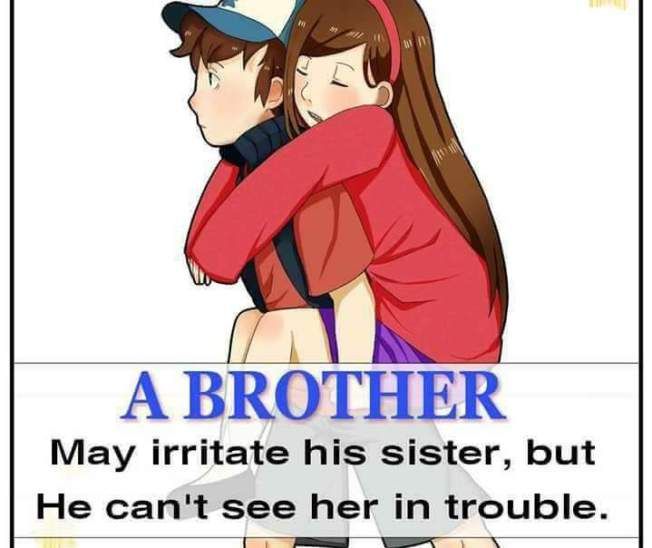
Couples who do that fall into disputes like all others do, but, they don’t endlessly rehash the same arguments. Instead, they debrief when both are calmed down. Like a great athletic or business team, they go over what happened, talk about each of their accountability in what went wrong, figure out how they can do it better next time, and promise each other they will do their best to keep those agreements.
When conflicts are not successfully resolved, they result in resentment, martyrdom, or withdrawal, and continue to fester. Each time the same problem comes up again, those negative interactions build over time. Relationships get better when the percentage of unproductive arguments lessen and worse when they increase.
This is what people sound like when their negative interactions are getting more prominent:
- “I’m sick of trying to settle anything with you. We just keep going over the same sick arguments and it never gets any better.”
- “Are you going to play the martyred card again, so I’ll end up the bad guy again? Why don’t you just skip the pretense and tell me you don’t like me, okay?”
- “You act like you’re trying to get me to take all the blame upfront.
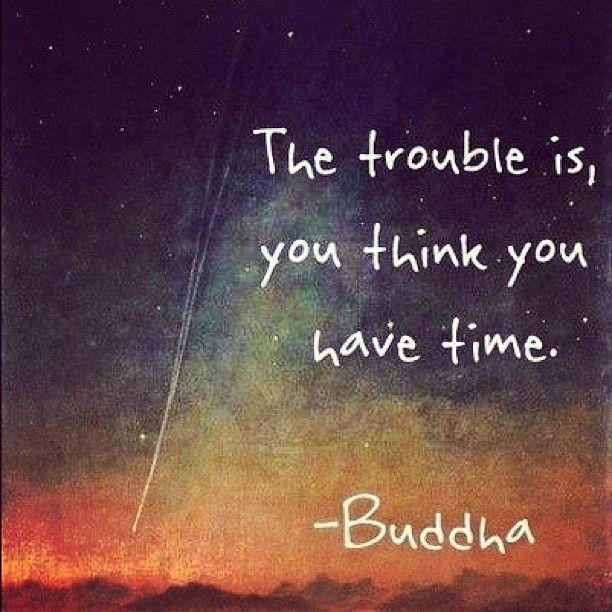 We both know you’re just wanting the argument to stop and you think I’ll go away if you get me to agree. Well, guess what? That’s not going to happen this time.”
We both know you’re just wanting the argument to stop and you think I’ll go away if you get me to agree. Well, guess what? That’s not going to happen this time.” - “Haven’t we had this same go-around a hundred times. We both know you’re going to walk out the door when you can’t get your way. Why don’t you just do it right now and get it over with?”
- “I don’t know why I even try to talk to you. You never listen and you always think you’re right anyway.”
- “Don’t just walk in here and start belly-aching. I’m sick of your constant complaining when you don’t even ask what’s going on first?”
8. You’ve Stopped Touching as Much
Not all people want the same amount of physical contact whether it is manifested in affection, sexual interaction, or just being near each other. Most couples, over time, find a balance between each other’s needs and try to work out any differences.
If over time, those agreements begin to markedly change, the partner who feels that shift is more likely to express his or her distress. If the other partner is preoccupied with stress, illness, or a crisis, he or she can express those legitimate reasons and the couple can work it out until their normal physical relationship is restored. But if that shift represents a gradual one-direction pull-away, the relationship may be in trouble.
If the other partner is preoccupied with stress, illness, or a crisis, he or she can express those legitimate reasons and the couple can work it out until their normal physical relationship is restored. But if that shift represents a gradual one-direction pull-away, the relationship may be in trouble.
These are the typical expressions of someone who is missing touch:
- “Sweetheart, what’s the matter? You pull away every time I reach out for you. Are you angry at me?”
- “Please tell me if you aren’t attracted to me anymore. It’s really hard to see you turn over in bed without the hugs we used to have.”
- “When I ask for a hug, you seem to give me a perfunctory quick one. Am I asking for too much?”
- “You’re having a little trouble getting aroused. Are you having a problem you need to tell me about?”
- “Hey. If you’re not interested in me, who’s in the picture?”
- “I’m starting to feel like a needy person around you like there’s something wrong with me.
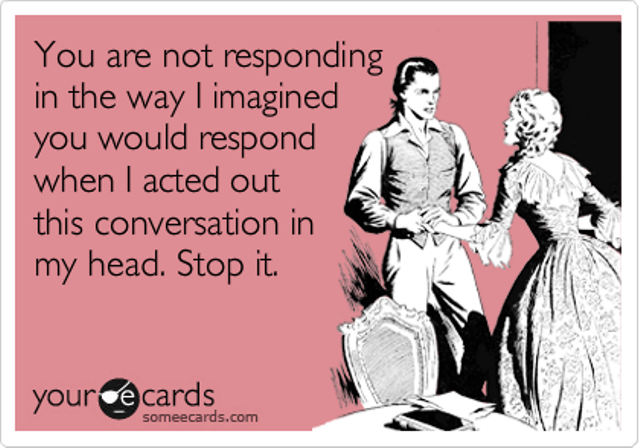 I miss touching but you don’t seem to. Please, please just tell me if there is a reason you are so distant?”
I miss touching but you don’t seem to. Please, please just tell me if there is a reason you are so distant?” - “Okay, babe. No sex except on the weekends, now?. What the hell is going on?”
There are many ways that couples can see darkness looming early enough to turn these behaviors around before they destroy hope and faith in the relationship. The crucial issue is for couples to identify and talk about them before they have lost the motivation to heal them.
If instead, there is sabotage, broken promises, assumptions without bases, withholding, betrayal, emotional abuse, retaliation, sabotage, or evasive illusions, that couple may find themselves too far into the destruction process to come out.
So many times, these destructive warning signals are not heeded. Still, if a couple still loves each other and wants to stay together, even the most serious of them will not destroy the relationship. If there is enough energy and desire, even a relationship that is in terrible trouble can thrive again.
Essay in English A friend in need is a Friend Indeed with translation into Russian
Essay in English A friend in need is a friend in need / A Friend In Need Is A Friend Indeed with a translation into Russian.
| A Friend In Need Is A Friend Indeed | A friend in need is known |
| Friends play a very important role in our lives. But not every person around us can be called a good friend. A friend in need is a friend indeed – we all know this saying and I believe this is true. | Friends play an important role in our lives. But not everyone who is around us can be called a good friend. A friend in need is a friend - we all know this saying and I think it's true. |
I believe it is very important that you have a person beside you who you can trust. One of the most important things in a good friend for me is being supportive. A good friend is always near when you feel bad, lonely or upset.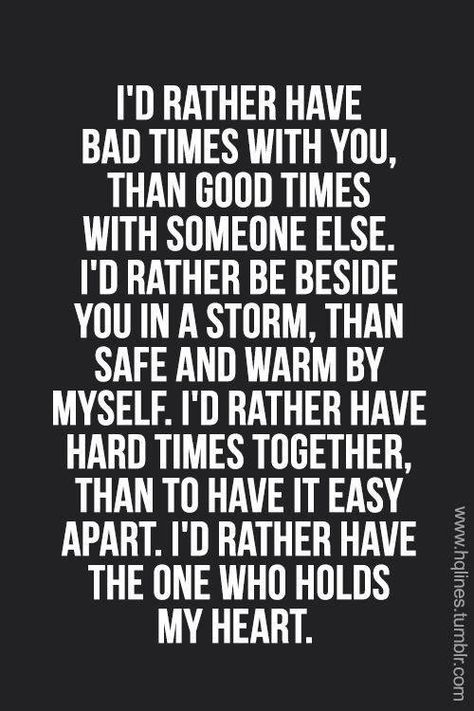 He is always ready to talk to you, to give you advice and support you. He also needs to know how to listen. He is always ready to talk to you, to give you advice and support you. He also needs to know how to listen. | I think it's very important to have someone you can trust next to you. One of the most important things about a good friend is support. A good friend is always there when you feel bad, lonely or upset. He is always ready to talk, give advice and support. He must also be able to listen. |
| I have a lot of friends but I don't think all of them would be near if something happened. Most of them would probably say they don't have time or they don't know what to do in a difficult situation. Sometimes you just need a person to listen to you, to stay with you for some time. | I have many friends, but I don't think every one of them will be there if something happens. Most will probably say that they do not have time or that they do not know what to do in a difficult situation. Sometimes you just need a person who will listen, will be there for a while. |
| I believe I'm lucky to have such people in my life. My best friend is my mother. We have a very good relationship with her and I can tell her almost everything. She is a grown- up and experienced person, so she can always give some good advice. | I consider myself lucky to have such people in my life. My best friend is my mom. We have a very good relationship and I can tell her almost everything. She is mature and experienced, so she can always give good advice. |
| I also have a friend, her name is Sasha. She is a very nice person, kind and helpful. Once I had a hard situation in my life and was very upset, and it was Sasha who helped me a lot. She was talking to me all the time and taking me out to the cinema and cafes to make me feel better. | I also have a friend, Sasha. She is a very nice person, kind and always ready to help. Once I had a difficult situation in my life and I was very upset, and it was Sasha who helped me a lot. She talked to me all the time, we went to the cinema and cafes to make me feel better. She talked to me all the time, we went to the cinema and cafes to make me feel better. |
The therapist explained how to overcome loneliness
The topic of loneliness is one that is probably familiar to all of us. Loneliness is the feeling that accompanies us in our development. This is part of the journey of finding yourself. And it leads to the fact that we begin to value relationships more.
Experience of loneliness
Loneliness is experienced very painfully. This is the kind of feeling we want to run away from, and we do it by being distracted by something. We are helped by watching TV shows and movies, computer, mobile phone, travel, alcohol, work. All this helps to get rid of the unpleasant feeling. Because in loneliness we experience that we again find ourselves thrown back to ourselves. In loneliness, I am only with myself. I'm thrown. There is no one around. I don't have a relationship, I don't have anyone I can talk to. Loneliness is the experience of experiencing the absence of a relationship. This feeling can be especially acute in longing for something. If you love someone, you yearn for separation from him. I miss my loved one, I feel connected to him, but I cannot see him. My heart is next to him, and without him or without her, my heart is lost to a certain extent.
Loneliness is the experience of experiencing the absence of a relationship. This feeling can be especially acute in longing for something. If you love someone, you yearn for separation from him. I miss my loved one, I feel connected to him, but I cannot see him. My heart is next to him, and without him or without her, my heart is lost to a certain extent.
A similar feeling can be experienced with nostalgia, when we yearn for our native places. I experienced a very strong longing for my native places when, as a child of 11-12 years old, I was in a boarding school. It was warm and pleasant at home, I had relationships there, I had friends there, and I was at a boarding school far from home. I haven't been home for a whole month. I felt like I was in a foreign world. The world was cold and I felt lost. All this time I thought about what was happening at home, what my relatives were doing: now they got up, now they are having dinner, now the family has gathered at the table. And I was constantly in pain because I was separated from that part of life where I usually experienced warmth, where I had the feeling that I was part of this world.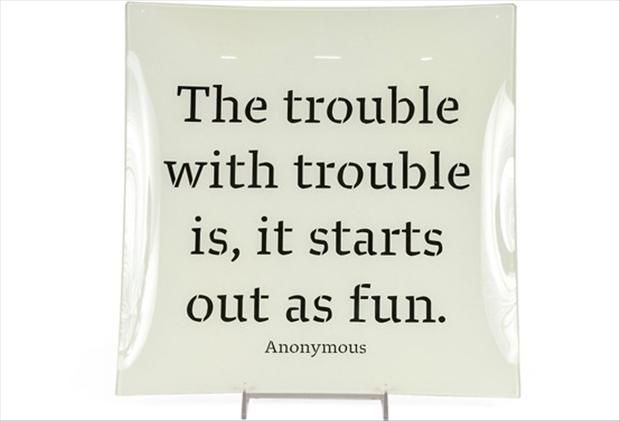 I felt incredibly alone.
I felt incredibly alone.
We can feel lonely at work if we are confronted with some requirements, if there are some projects that we have not yet grown up to. Where we feel insecure about them, and if no one supports us at the same time. Then we feel alone. If I know that everything depends on me alone, there may be a fear that will accompany loneliness. It's the fear that I'll be weak, that I'll feel guilty about not being able to do it.
It is even worse if bullying occurs at work. Then I will feel that I am given to it at the mercy of, I am on the edge of society and I am no longer a part of it.
Loneliness is a very big topic in old age, in old age. And in childhood. Children who are not met, children who are left alone if the parents are busy doing something else, may feel helpless in their loneliness. Loneliness traumatizes children, because in solitude they are not able to develop their Self. They stop in development. There is a curvature in the development of the child if he experiences long moments of loneliness. On the other hand, it is not so bad if the child spends a couple of hours alone, because for him this is an impetus for development. Just what is reality.
On the other hand, it is not so bad if the child spends a couple of hours alone, because for him this is an impetus for development. Just what is reality.
In old age, loneliness is no longer a traumatic factor and does not hinder development - but it is burdensome. It can cause depression, paranoid feelings, sleep disturbances, psychosomatic complaints, and pseudodementia. It happens that pseudo-dementia is the silence of a person from loneliness. He used to have a family, he worked for decades, was among people, and now he sits at home alone. One of my patients at the age of 85 was sitting at home alone. Being her doctor, so that she would not be completely alone, I bought her a canary. She has a living being. This canary helped her live a couple of years longer. She talked to her every day.
Television is the "comfort" for most older people. But TV is a communication directed only in one direction. And yet man at least hears human voices. And in any case, he can say something to himself, even if no one will hear. I think this is not a bad form of overcoming loneliness, creating a kind of bridge, because it takes the edge off loneliness. But, of course, this is an ersatz, a replacement. In old age, loneliness can be very overwhelming. Especially if he has lost the ability to see or hear. Can I imagine that I have to live in this state for a couple of years? When the only thing that will accompany me is back pain or indigestion. We can imagine how helpless we are in such situations. And here the question of the value of life really arises.
I think this is not a bad form of overcoming loneliness, creating a kind of bridge, because it takes the edge off loneliness. But, of course, this is an ersatz, a replacement. In old age, loneliness can be very overwhelming. Especially if he has lost the ability to see or hear. Can I imagine that I have to live in this state for a couple of years? When the only thing that will accompany me is back pain or indigestion. We can imagine how helpless we are in such situations. And here the question of the value of life really arises.
Do I know loneliness? If we ask ourselves: when was the last time I felt lonely? Is loneliness somehow present in my life? Maybe it is hidden behind some businesslike everyday life? If I'm being honest, I can probably find it. Or I may find that there were times when I was alone. Maybe I haven't known this feeling for a long time? Maybe it's foreign to me? Or another pole: maybe I really suffer acutely from loneliness? And it overwhelms me so much that all the joy in relation to life simply disappeared, that the question arises about the meaning of life.
Loneliness among people
I can experience loneliness not only if I do not have relationships with people. I can feel lonely during some holiday, at a party, even at my own birthday, at school, at work, in my family. Sometimes people are nearby, but something is missing. There is no meeting, there is not enough intimacy, there is no exchange with another person. We have superficial conversations, and I have a need to talk to a person for real. We talk about skiing, about cars, but we don't talk about me and you.
In many families, it is only about some business, who and what should buy, who should cook food, but our relationships, what worries us, are silent. Then I feel alone and in the family.
If no one sees me in the family, especially if it is a child, then I am lonely. Even worse - I am abandoned, because there are people around, but they are not interested in me, they do not look into my eyes. They only look at whether I do well in school and that I don't do anything bad. And that's how I'm raised. I grow up alone.
And that's how I'm raised. I grow up alone.
The same happens in partnerships: we have been together for 20 years, but at the same time we feel lonely. The sexual relationship is functioning, but am I in the relationship? Is the other talking about me - or only about yourself? Or just to satisfy some needs? If we don't take the time to talk to each other, as we did when we were in love, then we become lonely even in good relationships.
There are periods in every relationship when it feels lonely, as the relationship develops more on a curve, going through ups and downs. We cannot be constantly ready to communicate with another, be constantly open to another person. We are immersed in ourselves, busy with our problems, feelings, and we have no time for another. But it can happen just when he needs it the most. At this moment, I am not for another, and the other feels alone, maybe even abandoned in trouble. Such situations occur in any relationship. But it doesn't harm the relationship if we can then talk about our different states. And then we find each other again. But sometimes these moments remain wounds that we receive in the course of our lives.
And then we find each other again. But sometimes these moments remain wounds that we receive in the course of our lives.
We can experience loneliness not only when we are not in a relationship, but even when we are surrounded by people. And at the same time, we can not feel lonely when no one is around.
To understand loneliness, let's try to look at a person more deeply. Then we can understand why loneliness manifests itself in so many different ways.
Causes of loneliness
A person is a creature that, as it were, was placed into the world. The main idea of existential philosophy says that it is impossible to be human without being related to the world. To be human means fundamentally to be in the world, to be in connection with something or someone else. Without connection with otherness, it is impossible to be human.
It was in this way that Heidegger defined "being here" (existence). Heidegger often used the word Dasein instead of Person to show that I cannot be if I am not connected with You or It.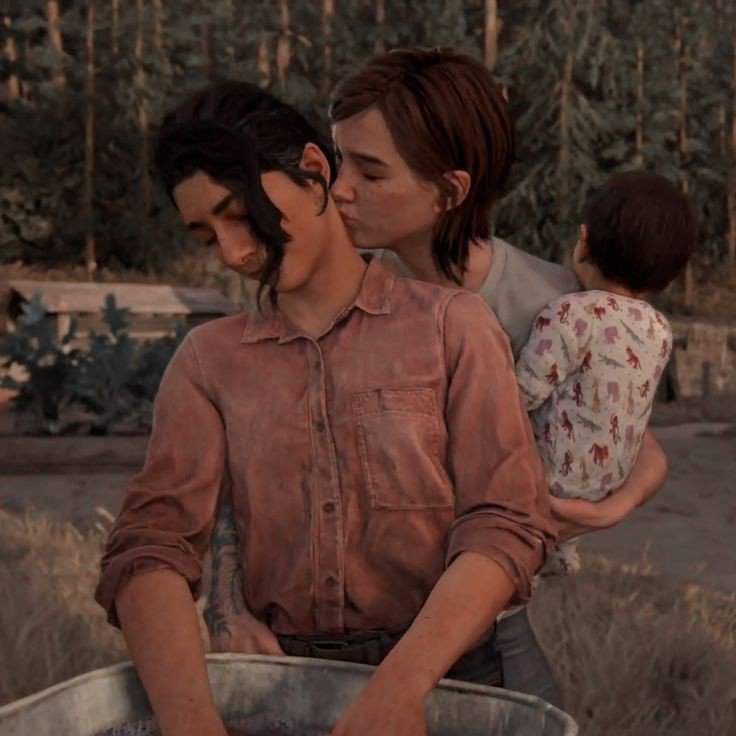 To be here is to be in the world. In the world of my family, in the world of my city, in the world of my ideas and ideas. That is to say, being human is a fundamental correlation. If something does not function in this relation, then we lack something and may feel lonely.
To be here is to be in the world. In the world of my family, in the world of my city, in the world of my ideas and ideas. That is to say, being human is a fundamental correlation. If something does not function in this relation, then we lack something and may feel lonely.
But this connection is twofold. Martin Buber spoke about the relationship "I-Thou" and "I-It": I relate to another person, the same as me - and this is a personal relationship, or I relate to some thing, with some business ( e.g. "I'm driving a car"). That is, relationships have an outer pole, but they also have an inner pole. I also need to manage with myself, I need not just to BE in this world, but I must also be I. We have a correlation outside and a correlation with ourselves. This thought can help to understand three reasons why loneliness occurs.
First of all, loneliness is a disturbance, a breakdown in relationships. In loneliness, we worry that relationships either do not exist, or they develop incorrectly.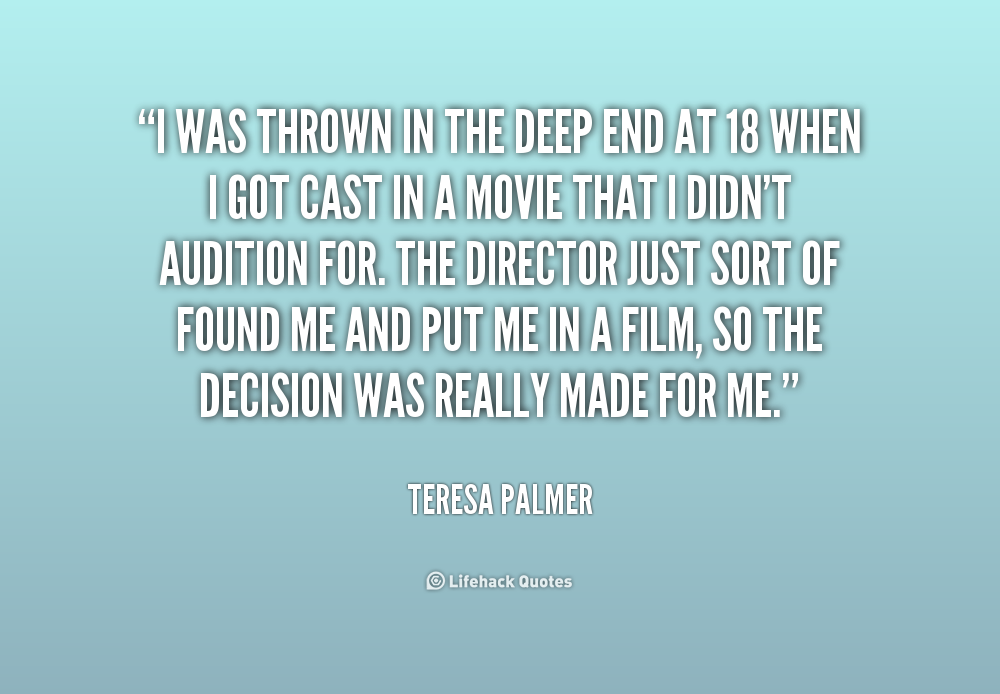 Relations with a person mean: I am connected with this person with my feelings, I would like to experience a person in my feeling. I would like to be able to feel what drives him and what he feels.
Relations with a person mean: I am connected with this person with my feelings, I would like to experience a person in my feeling. I would like to be able to feel what drives him and what he feels.
Let's think about the relationship with your child. I would like to feel how a child experiences and lives his life. I would like to participate in this, I would like to be close to him - because through closeness I have a feeling about my child and his life.
Relationships are more than relatedness in terms of feelings. Relationships always have a beginning, but relationships never end. Relationships are forever. And it can be assumed that since I always remain connected with the person with whom I have or had a relationship, I can never be alone. All the relationships that I had with other people have been preserved in me. If I meet my ex-girlfriend after 20 years on the street, then my heart starts to beat faster - because something was, and it still continues to be in me.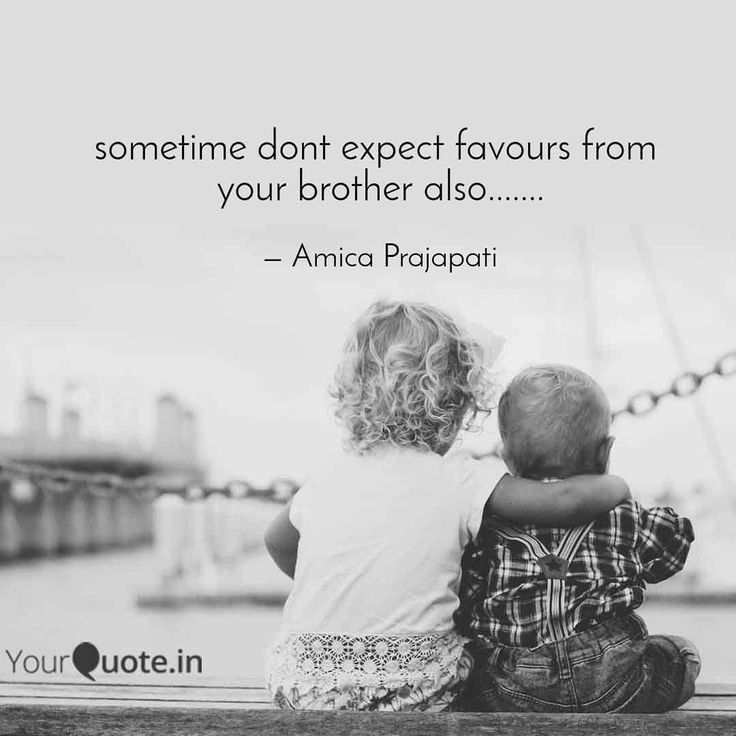 Everything that happens in a relationship is preserved. And I can live on that. If I experienced something good with some person, then this is a source for happiness in my later life. I can think of my mother, father, with whom I had a good relationship - and feel a warm feeling.
Everything that happens in a relationship is preserved. And I can live on that. If I experienced something good with some person, then this is a source for happiness in my later life. I can think of my mother, father, with whom I had a good relationship - and feel a warm feeling.
However, if the relationship is bad, then I don't want to remember them, I don't want to go back to the past. Then I wish it wasn't true. Then I lose contact with it. Relationships seem to be there, but they hurt me - and I turn away. And if I turn away, then the relationship in this moment no longer lives. Therefore, it may be that I will feel lonely, although I have or have had a relationship.
There is another reason why relationships can cause feelings of loneliness. What we have described so far is the outer pole of the relationship. But there is a relationship directed inward, a relationship with oneself. If I don't feel myself, if I don't have feelings, if they are muffled, then I am alone with myself.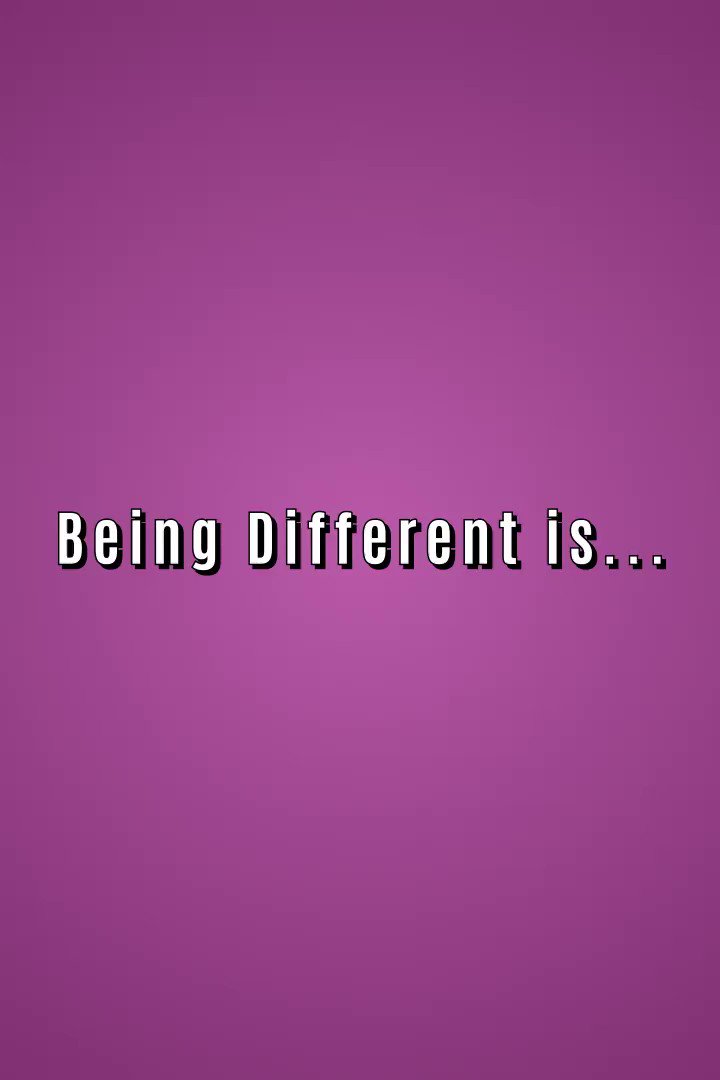 If I do not feel my body, my breath, my mood, my well-being, my fatigue, my joy, my pain - if I do not feel all this, then I am not in a relationship with myself. Then I miss a fundamental, basic part of life.
If I do not feel my body, my breath, my mood, my well-being, my fatigue, my joy, my pain - if I do not feel all this, then I am not in a relationship with myself. Then I miss a fundamental, basic part of life.
This can happen if I have had an experience that hurts - then I don't want to turn to myself. If I was offended, disappointed, deceived, if I was ridiculed, then I feel pain if I turn to myself. And this is a natural human reflex - to turn away from what causes pain and suffering. We have described it in terms of external relations, but also in internal relations I can withdraw from myself. And then I no longer feel myself, I am no longer in a relationship with myself. It can take me so far that I won't feel my body. I will feel my feelings to such a small extent that I will have psychosomatic disorders. They always indicate that you do not feel something very important. This is a signal: you should not continue to live like this, feel what hurts you so that you can process it. So that you can mourn, so that you can forgive - otherwise you will not be free. Migraine, stomach ulcers, asthma and other disorders tell me: do not continue like this. There is something very important that you must do first.
So that you can mourn, so that you can forgive - otherwise you will not be free. Migraine, stomach ulcers, asthma and other disorders tell me: do not continue like this. There is something very important that you must do first.
If I lose my relationship with myself, I can no longer feel myself. Or even worse, I can't have a relationship with you either.
I cannot truly experience a relationship with another if I am not capable of resonance, if there is no movement in me, because the feelings are too wounded. Or because I never really had them. If my mother never took me in her arms, if my father didn't have time for me, if I didn't have real friends, then I have a "blunted" world of feelings - a world that could not develop. Then my feelings are poor, and then I am always alone. Because I don't feel very well (or don't feel at all). Therefore, in relation to the other person, my feelings are also flat. This is the second level of relationship that leads to loneliness.
But there is also a third level, which is above the relationship level and which is also causally related to loneliness.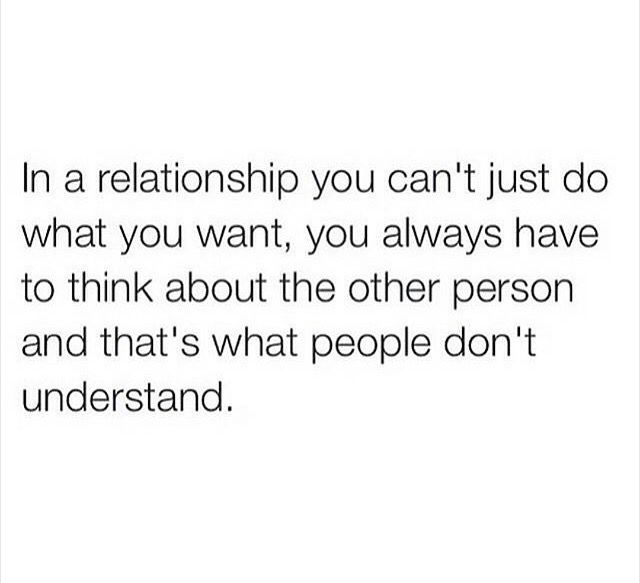 This is the meeting level. This level is connected with the fact that I am I in a relationship. If in a relationship we can experience being together and feel the closeness of another person, then thanks to the I, another aspect is introduced that “explodes” this pleasant being together: for all our connectedness and mutual striving to meet, we realize that I am I, You are You, but I am not You. That difference, which is irremovable. It is eliminated, for example, in a symbiotic relationship, when I myself dissolve into you. But if I am I, then there is a boundary between us. Then I worry that, in principle, I am responsible only for myself, I am left alone with myself.
This is the meeting level. This level is connected with the fact that I am I in a relationship. If in a relationship we can experience being together and feel the closeness of another person, then thanks to the I, another aspect is introduced that “explodes” this pleasant being together: for all our connectedness and mutual striving to meet, we realize that I am I, You are You, but I am not You. That difference, which is irremovable. It is eliminated, for example, in a symbiotic relationship, when I myself dissolve into you. But if I am I, then there is a boundary between us. Then I worry that, in principle, I am responsible only for myself, I am left alone with myself.
There is no other Alfried Lenglet in this world. Each of us is unique and unique. The way I am is unique nowhere else. And this is the basis that can potentially make us lonely in this world.
Healing from loneliness
What can help here? The other person has the same feelings, he feels the same way. If it is You who turns to me, it will help me accept loneliness. If other people look at me, in my direction, then by doing so they will let me know: "I see you. You are here." And I really am here, and not only with my feelings - I am here as a Person.
If it is You who turns to me, it will help me accept loneliness. If other people look at me, in my direction, then by doing so they will let me know: "I see you. You are here." And I really am here, and not only with my feelings - I am here as a Person.
If, for example, another person is listening to me, they are directed towards me. It is not only about the fact that there is some kind of movement of feelings, but that someone is trying to understand me. And he tells me that he understands what he thinks about this. If other people are interested in what I am doing, then I see that I have done this action, and this attracts the attention of another person. That is, not only I see it, others see it too. And then it becomes reality. If others look at me that way, then they respect boundaries and differences. If I feel seen, it means that I was treated with respect.
If other people take the next step and take me seriously, leave me my own: "Yes, you baked this cake, not me," then they treat me fairly. If they listen to my comments, if they say, "What you said is important. Can you explain it further?" then these people treat me fairly. This is an even higher level than just being seen. Being seen means that I have respect for the border, I do not step on you, I do not go around you. The pinnacle of all this is the recognition of my worth. If the other says "I like it"; "I think it's important," then I get a value judgment from the other. And thus my own value takes root. I can get some criticism, but it gives me a certain edge as a Person. If others come to me, tune in to me - I'm not alone.
If they listen to my comments, if they say, "What you said is important. Can you explain it further?" then these people treat me fairly. This is an even higher level than just being seen. Being seen means that I have respect for the border, I do not step on you, I do not go around you. The pinnacle of all this is the recognition of my worth. If the other says "I like it"; "I think it's important," then I get a value judgment from the other. And thus my own value takes root. I can get some criticism, but it gives me a certain edge as a Person. If others come to me, tune in to me - I'm not alone.
If all this happens when I am a child, then I can build my Self. The development of the Self is connected with meeting other people. Parents are the people who see me, who take me seriously and tell me that they appreciate me. And then the child can begin to do the same with himself.
We need to learn this. We can learn it from others, but we cannot develop it in ourselves without You.